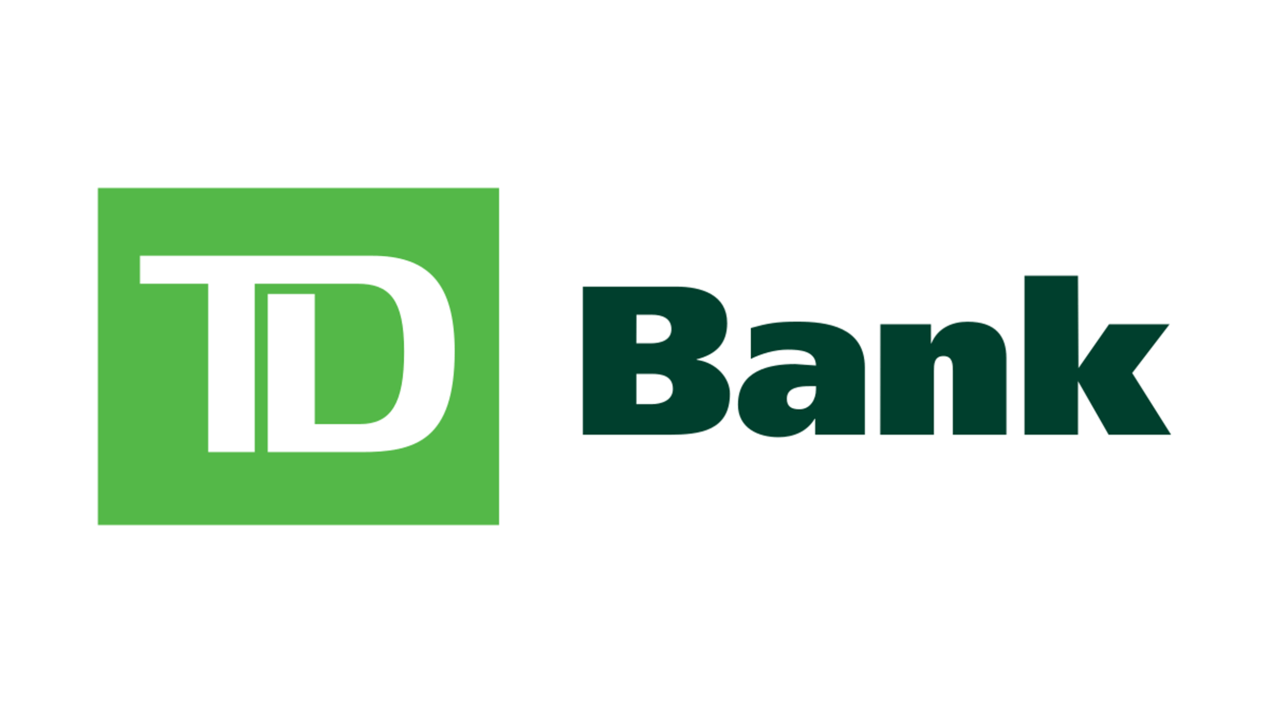
Why Skills-First Leadership Is Replacing the Ivy League Playbook in the C-Suite
The old prestige pyramid—where Ivy League degrees and blue-chip consulting backgrounds paved the way to the CEO seat—is cracking.

Canada’s financial intelligence unit, the Financial Transactions and Reports Analysis Centre of Canada (FINTRAC) has unveiled its intention to impose a significant monetary penalty on TD Bank, the country’s second-largest lender. This punitive action stems from concerns surrounding the bank’s anti-money laundering (AML) controls, deemed inadequate during a recent regulatory assessment.
The precise amount of the fine remains undisclosed, though reports suggest it could exceed CAN$ 10 million (USD 7.45 million). This potential sanction underscores the seriousness of FINTRAC’s findings, raising questions about the effectiveness of TD Bank’s internal processes for combating financial crime.
According to sources familiar with the matter, FINTRAC’s assessment unearthed vulnerabilities within TD Bank’s AML framework, particularly regarding customer due diligence procedures and transaction monitoring systems. These unaddressed shortcomings could create avenues for illicit actors to launder illegal proceeds through the bank’s financial channels.
News of the impending fine sent ripples through the Canadian financial sector, prompting concerns about potential systemic weaknesses in AML compliance across the industry. However, FINTRAC emphasized its commitment to holding financial institutions accountable, regardless of size or market position.
“All reporting entities must implement and maintain an effective and compliant AML/ATF program,” declared the agency. “FINTRAC takes its role in protecting the Canadian financial system from money laundering and terrorist financing very seriously and will not hesitate to take appropriate enforcement action when necessary.”
TD Bank, for its part, has acknowledged the regulatory concerns and pledged to cooperate fully with FINTRAC to rectify the identified deficiencies. The bank has already initiated a comprehensive review of its AML program, aiming to bolster its compliance posture and regain the trust of regulators and the public.
While the immediate implications for TD Bank remain under scrutiny, the episode is a stark reminder of the importance of robust AML controls within the financial sector. The ability to effectively combat money laundering and terrorist financing is crucial for safeguarding the financial system’s integrity and protecting national security. As regulatory scrutiny intensifies, financial institutions worldwide must prioritize strengthening their AML frameworks to avoid similar penalties and reputational damage.

The old prestige pyramid—where Ivy League degrees and blue-chip consulting backgrounds paved the way to the CEO seat—is cracking.

Loud leaders once ruled the boardroom. Charisma was currency. Big talk drove big valuations.

But the CEOs who make history in downturns aren’t the ones with the deepest cuts

Companies invest millions in leadership development, yet many of their best executives leave within a few years. Why?

The most successful business leaders don’t just identify gaps in the market; they anticipate future needs before anyone else.

With technological advancements, shifting consumer expectations, and global interconnectedness, the role of business leaders

Following a distinguished Law Enforcement career Joe McGee founded The Securitatem Group to provide contemporary global operational specialist security and specialist security training products and services for private clients, corporate organisations, and Government bodies. They deliver a wide range of services, including complete end-to-end protection packages, close protection, residential security, protection drivers, and online and physical installations. They provide covert and overt investigations and specialist surveillance services with a Broad range of weapons and tactical-based training, including conflict management, risk and threat management, tactical training, tactical medicine, and command and control training.

Jay Wright, CEO and Co-Owner of Virgin Wines infectious energy, enthusiasm, passion and drive has been instrumental in creating an environment that encourages talent to thrive and a culture that puts the customer at the very heart of every decision-making process.

Fabio de Concilio is the visionary CEO & Chairman of the Board at Farmacosmo, a leading organization dedicated to mental health and community support services. With a deep commitment to identifying and meeting customer needs, Fabio ensures that high standards are maintained across the board.

Character Determines Destiny – so said Aristotle. And David CM Carter believes that more than anything else. For David, it has been numerous years of research into codifying Entelechy Academy’s 54 character qualities that underpin everything he stands for as a leader and teacher.


Leave us a message
Subscribe
Fill the form our team will contact you
Advertise with us
Fill the form our team will contact you